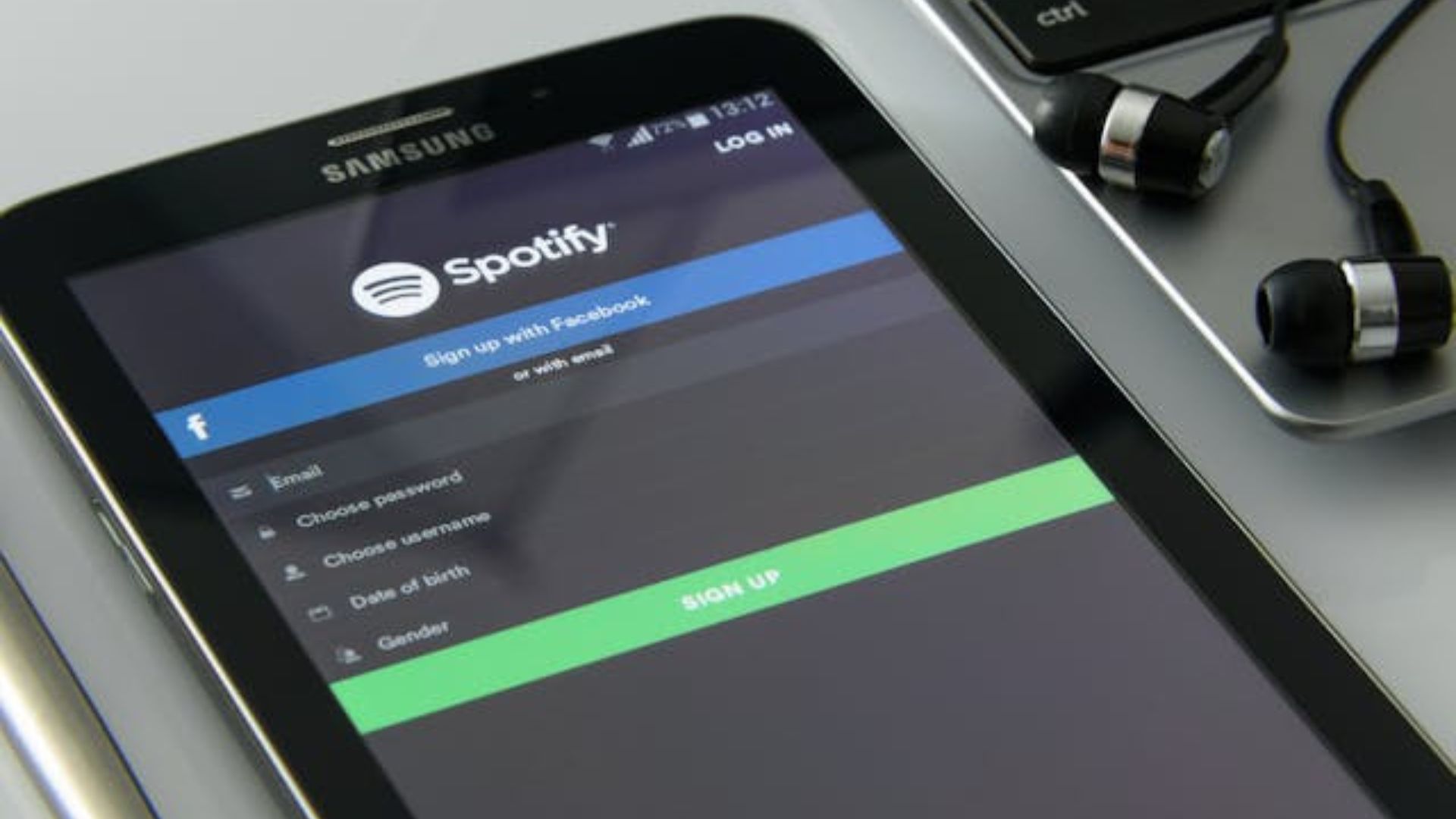In today’s fast-paced digital market, businesses must keep ahead of the competition in order to catch their audience’s attention. The rise of artificial intelligence (AI) has made marketing more efficient, precise, and influential than ever before. Whether you’re a seasoned marketer or just getting started, knowing and exploiting AI tools can transform your strategy and deliver unprecedented success.
Let’s look at the key AI tools for marketing success, how they function, and why they’re so important to your company’s growth.
Why AI Tools Are Game-Changers for Marketing
Artificial intelligence tools have altered the marketing business by automating monotonous operations, providing actionable insights, and improving client experiences. Here’s why you should consider using AI in your marketing arsenal:
- Increase efficiency: Automate time-consuming processes such as email scheduling, social media posting, and data analysis.
- Personalisation: Customise messaging for specific target segments, increasing engagement and conversion rates.
- Predictive analytics: This involves forecasting trends and customer behaviours to make data-driven decisions.
- Cost-Effectiveness: Save resources by streamlining operations and minimising the demand for a large workforce.
Top AI Tools for Marketing Success
The following are the must-have AI tools for marketing. These tools can help you optimise content, analyse data, and manage campaigns.
1. ChatGPT by OpenAI.
Purpose: Content creation and consumer involvement.
Why It’s Essential:
ChatGPT is a strong AI-powered platform that generates engaging blog posts, social media material, and customer assistance scripts. Its capacity to simulate human-like conversations makes it excellent for chatbots, which improve customer connection and satisfaction.
Key features:
- Produces high-quality text suited to your specifications.
- Can automate frequently asked questions and basic customer care duties.
Example: A retailer can utilise ChatGPT to automate responses to consumer enquiries about product availability, delivery, and returns.
2. HubSpot
Purpose: Marketing automation and customer relationship management (CRM).
Why it’s essential: HubSpot uses artificial intelligence to examine customer data and enhance email campaigns, social media strategy, and lead generation activities.
Key features:
- AI-powered predicted lead scoring.
- Smart content customisation improves engagement.
Example: HubSpot’s AI technologies to segment your audience and send customised email campaigns that increase conversions.
3. Canva
Purpose: Graphic design and visual content production.
Why it’s essential: Canva’s AI-powered design tools enable marketers to generate professional-looking images without requiring considerable design expertise.
Key features:
- Automatically generated design suggestions.
- AI-powered resizing and layout changes.
Example: Canva’s templates and AI technologies allow social media marketers to swiftly create compelling posts, saving hours of work.
4. Grammarly
Purpose: Content proofreading and editing.
Why it’s essential: Grammarly employs artificial intelligence to verify grammar, spelling, tone, and style, ensuring that your marketing content is polished and professional.
Key features:
- Advanced tone detection.
- AI-generated suggestions for clarity and engagement.
Example: Grammarly can help content writers optimise blogs, emails, and social media postings for optimal readability and impact.
5. Google Analytics 4 (GA4)
Purpose: Web analytics and performance tracking.
Why it’s essential: GA4 uses AI to deliver insights into user activity, allowing marketers to tailor websites and campaigns for greater ROI.
Key features:
- AI-based predictive metrics.
- Customised reports based on individual objectives.
Example: GA4’s AI capabilities to discover high-performing content and adjust your marketing campaigns accordingly.
Also Read – 15 Powerful AI Tools for Small Businesses
6. Hootsuite
Purpose: For social media management.
Why it’s essential: Hootsuite’s AI-powered capabilities help to expedite social media posting, assess performance indicators, and recommend best posting times.
Key features:
- Automated scheduling.
- AI-powered content suggestions.
Example: Brands may save time and enhance engagement by scheduling and optimising their social media posts with Hootsuite’s AI.
7. BuzzSumo
Purpose: Content research and performance analysis.
Why it’s essential: BuzzSumo’s AI capabilities assist marketers in identifying popular topics and analysing competitors’ content success.
Key features:
- AI-powered topic ideas.
- Influencer identification for outreach efforts.
Example: Use BuzzSumo to discover popular topics in your niche and develop high-performing content that connects with your target audience.
8. Adzooma
Purpose: To manage and optimise advertisements.
Why it’s essential: Adzooma optimises Google, Facebook, and Microsoft Ads with AI to ensure that your campaigns produce the greatest results possible.
Key features:
- AI-powered optimisation advice.
- Performance monitoring and reporting.
Example: Adzooma can help small firms maximise their ad costs and enhance campaign efficiency.
How to Select the Right AI Tools for Your Business
With so many possibilities accessible, it’s critical to select AI technologies that match your specific marketing objectives. Here are a few tips:
- Define your objectives: Do you want to improve content quality, ad performance, or customer engagement?
- Evaluate features: Compare the features of various tools to determine the best fit for your requirements.
- Consider scalability: Ensure that the tool can develop with you.
Conclusion
In today’s competitive environment, including AI capabilities in your marketing strategy is no longer an option; it is a requirement. From content generation to analytics, these technologies help marketers work smarter, not harder. Using the correct AI tools can help you achieve marketing success, save time, and drive business growth.
Ready to transform your marketing strategy? Begin investigating these crucial AI tools today to realise your company’s full potential.
Frequently Asked Questions
When it comes to market analysis, Crayon is usually recognised as one of the top AI-powered tools accessible. Crayon specialised in competitive intelligence and market tracking by automatically collecting and interpreting real-time data from competitors’ websites, messaging, pricing, and product updates. This enables marketing teams to keep one step ahead and make sound strategic decisions.
SparkToro, another significant contender, assists marketers in understanding their audience’s online activity by studying where they spend time, what they read, and who affects them. When combined with predictive analytics solutions like as MonkeyLearn, which uses AI to evaluate vast amounts of customer data and feedback, marketers can discover patterns and trends that would be impossible to spot manually.
The correct AI market analysis solution saves time, eliminates uncertainty, and provides actionable insights to help firms stay nimble in a constantly changing environment.
AI marketing tools are software solutions that employ artificial intelligence to automate processes, analyse data, and increase the efficiency and effectiveness of marketing initiatives.
While some AI products are expensive, many provide low-cost or even free versions that are ideal for small enterprises and startups.
AI is not a replacement for human marketers; rather, it complements them. It improves efficiency and decision-making while still requiring human innovation and oversight.
AI solutions enhance marketing, tailor customer experiences, and deliver actionable insights, resulting in increased engagement and conversion rates.
Jasper AI (formerly known as Jarvis) is a top AI solution for producing high-quality marketing material at scale. Jasper use advanced natural language processing to create blog posts, social media captions, ad text, email campaigns, and other content while adapting to a brand’s tone of voice.
For visual content, popular solutions include Canva’s AI-powered Magic Write and Copy.ai. Copy.ai focusses on short-form writing such as catchy taglines, product descriptions, and social media postings.
These tools enable marketing teams and small businesses to swiftly create interesting, original content, freeing up time to focus on strategy and creativity rather than beginning each piece from scratch.
ChatGPT is a strong, versatile tool for marketers that, when utilised correctly, can alter the way you plan, design, and deliver marketing campaigns. Here are some practical approaches of using ChatGPT for marketing success:
- Content Generation: Use ChatGPT to create blog entries, email newsletters, and social media posts. It can generate outlines, headlines, and call-to-action suggestions to help you write great text faster.
- Client Support: Use ChatGPT as a chatbot on your website or social media channels to immediately answer typical client questions, increasing response times and customer satisfaction.
- Brainstorming: Struggling to come up with campaign ideas? Try brainstorming. ChatGPT can assist you come up with new ideas for promotions, product launches, and advertising slogans.
- Personalisation: You may utilise ChatGPT to create tailored messaging for different client categories, making your marketing more relevant and personable.
- Market Research: Have ChatGPT summarise reports, make competitive comparisons, or write surveys to collect customer input.
When utilising ChatGPT, always review and adjust the results – AI should boost your creativity, not replace your critical thinking. When combined with human expertise, it is an unequalled complement to your marketing toolset.
Productboard is a remarkable AI-enabled solution for product management that assists teams in capturing customer insights, prioritising features, and aligning development with customer requirements. Productboard uses artificial intelligence (AI) to assess customer feedback from numerous sources, discover trends, and assist product managers in making data-driven decisions on what to build next.
Additionally, Aha! Roadmaps provides sophisticated AI-powered capabilities for visualising product strategy, prioritising activities, and keeping everyone on the same page. Mixpanel offers AI-powered insights to help product managers watch how customers engage with products in real time, finding friction points and areas for improvement.
These technologies assist product managers in staying connected to genuine consumer demands while keeping their teams structured and motivated – which is critical for bringing successful products to market.





